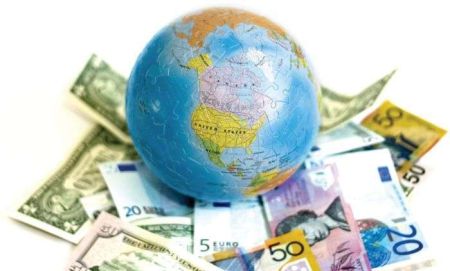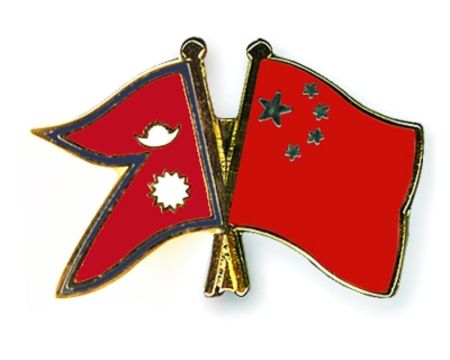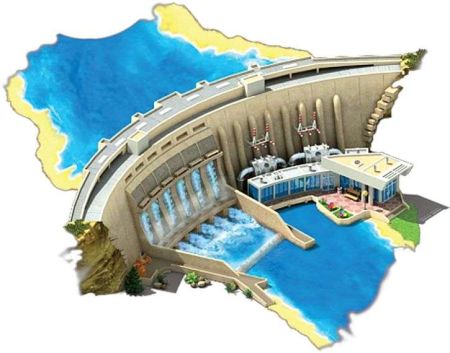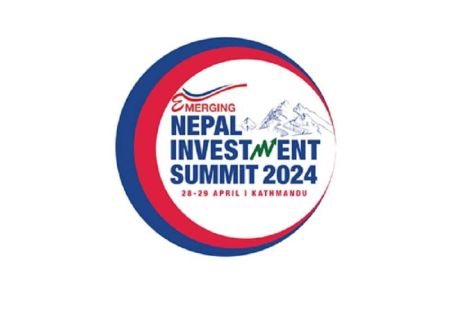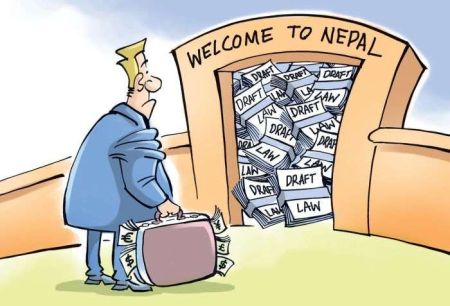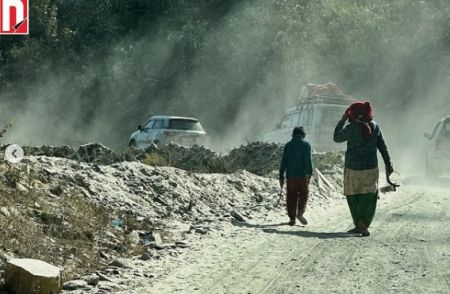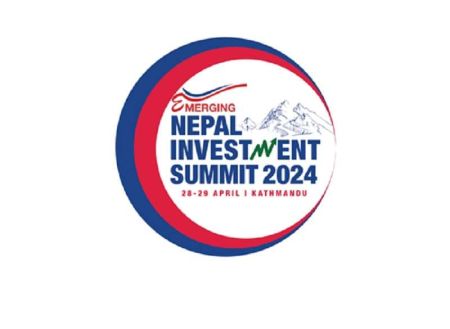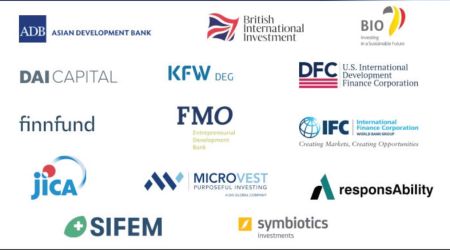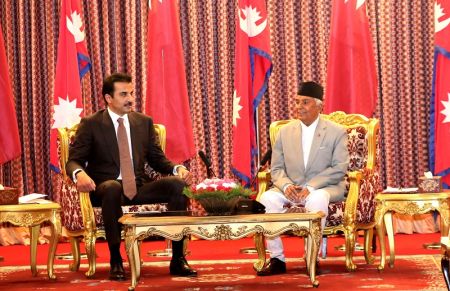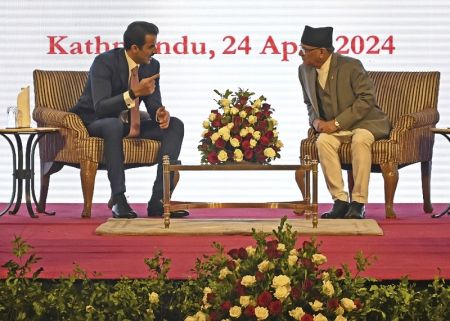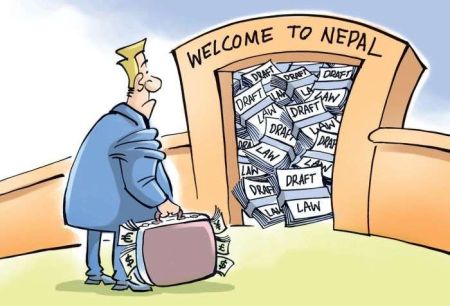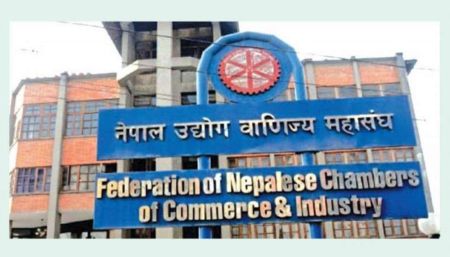April 17: The Confederation of Nepalese Industries (CNI), an umbrella organization of the private sector industries in Nepal, has urged the government to implement a multi-rate value-added tax (VAT) system. They argue that aligning Nepal's VAT rates with those of India would help curb the smuggling of goods from across the border.
A multi-rate VAT system involves applying different tax rates to different categories of goods or services. This approach can be effective in addressing the diverse needs of various industries and consumers while also potentially reducing tax evasion and promoting economic growth.
Speaking at the 21st Annual General Meeting of the CNI held in Kathmandu on Tuesday, President of the CNI Rajesh Kumar Agarwal said that illegal imports from India have thrived due to the high price of goods in Nepal because of the government’s decision to impose 13 percent VAT.
"As the same item is taxed only 5 percent in India and 13 percent in Nepal, goods are flowing illegally from India to Nepal due to the price difference," Agarwal said during the event which was attended by Prime Minister Pushpa Kamal Dahal.
The CNI has been advocating for multi-rate VAT since a long time. Other trade associations are also demanding multi-rate VAT.
However, the government has been turning a deaf ear to this demand saying that it will be difficult for the current administrative mechanism to implement multi-rate VAT.
A senior official of the Ministry of Finance had earlier told New Business Age that the high-level advisory committee on reforming the tax system, chaired by former minister and finance secretary Bidyadhar Mallik, had also suggested keeping the rate of VAT unchanged.
Stating that illegal trade is becoming another threat for domestic industries of Nepal and the government, Agarwal complained that the state is losing revenue while the domestic industries are being affected.
During the program, CNI President Agarwal discussed about the economic downturn saying that the overall demand is not encouraging and the industries and businesses are on the verge of closure due to the unexpected slump in the economy. He added that the production cost of the industries has increased and the industries have resorted to cut down producing
He also complained that the Nepal Electricity Authority has imposed load-shedding for 16 hours in the industrial area at such a crucial time.
Since April 1, India has reduced the amount of electricity it supplies to Nepal and started providing electricity only during the day. Subsequently, the NEA has increased the load shedding in the industrial sector.
The CNI also raised questions about political instability in the context of the frequent change of government. President Agarwal said that policy stability is necessary to increase investment within the country.
"Irrespective of whether the investment is domestic or foreign, investors look for policy stability," he said.
On that occasion, Prime Minister Dahal said that the government is committed to increasing the morale of the private sector. "Collaboration with the private sector is indispensable to improve the economy," he said. Prime Minister Dahal said that the government has intervened positively to make the economy dynamic and said that there is no need to panic anymore.




